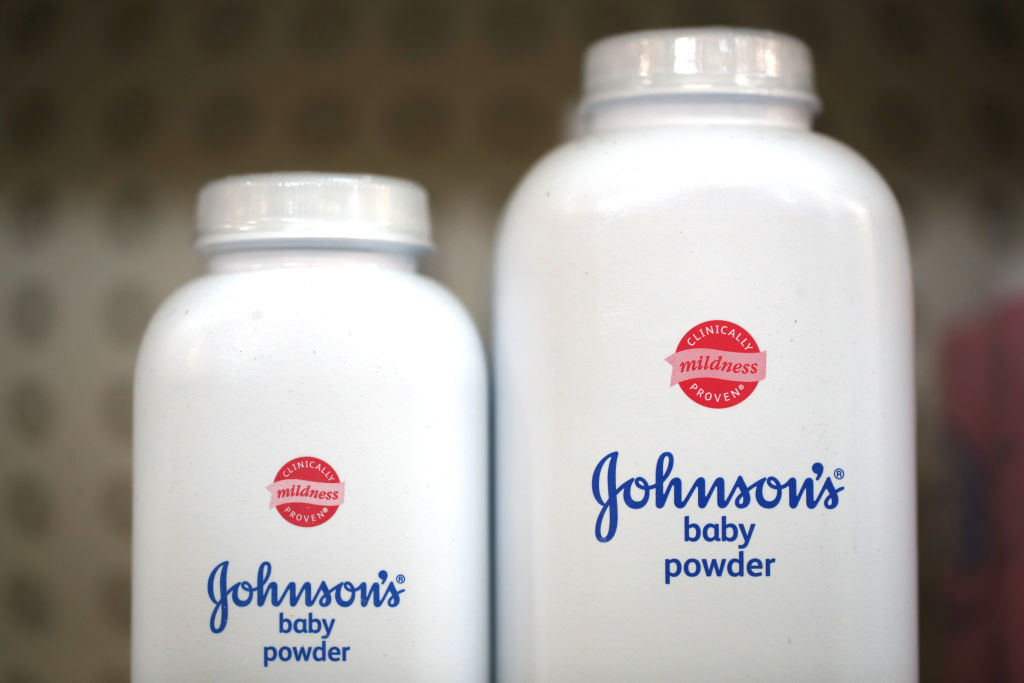
A shipment of baby powder has been recalled by Johnson & Johnson after U.S. authorities found asbestos in it.
The recall comes after months of denial from the company about the presence of the cancer-causing substance in its talc-based products, The New York Times reported Friday.
But the U.S. Food and Drug Administration found levels of asbestos in samples from a bottle of baby powder bought from an online retailer, according to Johnson & Johnson.
Breathing in asbestos fibers can cause asbestosis, lung cancer and mesothelioma. The risk of contracting these diseases increases with the number of fibers inhaled and the risk of lung cancer from inhaling asbestos fibers is also greater if you smoke. People who get health problems from inhaling asbestos have usually been exposed to high levels of asbestos for a long time. The symptoms of these diseases do not usually appear until about 20 to 30 years after the first exposure to asbestos.
J&J is voluntarily recalling the lot, No. 22318RB, and encouraging people who bought the product to stop using it. This recall includes an additional 33,000 bottles sold by an unidentified retailer. The company said that it is working with the Food and Drug Administration, which tested the bottle, and has started an investigation into how and when the product was contaminated.
FDA spokeswoman Gloria Sanchez-Contreras said the contaminated bottle contained chrysotile fibers, a type of asbestos. The FDA recommended that people stop using that lot immediately and contact J&J for a refund.
J&J is looking into whether cross-contamination of the sample caused a false positive, whether the product was appropriately sealed and maintained in a controlled environment, and whether the product was a counterfeit.
Lawyers for women who blame their cancers on asbestos-tainted talc powder contend that internal J&J documents indicate officials knew since the 1970s that powder mined in places such as Vermont and Italy contained trace amounts of asbestos, but failed to alert consumers or regulators. Asbestos is often found intertwined with talc.
“Had J&J acted responsibly and removed Johnson’s Baby Powder from the market in the 1970s, they would have saved the lives of thousands of women who have died needlessly of ovarian cancer,...
...” Leigh O’Dell, an Alabama lawyer who is leading the plaintiffs’ cases that have been consolidated before a federal judge in New Jersey for pretrial information exchanges, said Friday.
Mark Lanier, who persuaded a St. Louis jury last year to find J&J at fault and award a $4.7-billion verdict on behalf of more than 20 women who said they developed ovarian cancer through long-term use of the company’s talc-based products, said he doesn’t expect this to be the last time that its talc will be found to contain asbestos.
“This confirms thousands of tests” over the years that have uncovered asbestos in J&J’s baby powder, he said.
But J&J has, in many cases, appealed verdicts against it, citing conflicting evidence on whether talcum powder can cause cancer. In a statement provided to Time after the new study’s publication, the company maintained that baby powder is safe.









